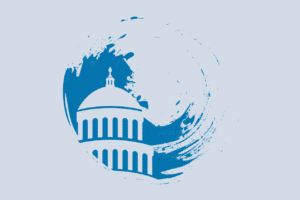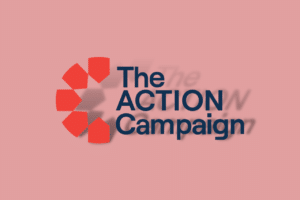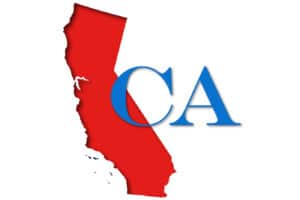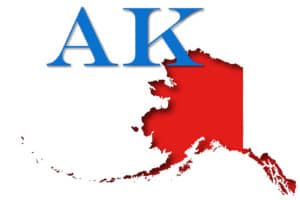Congress

Negotiators Advance Third Coronavirus Aid Package
Senate Majority Leader Mitch McConnell (R-KY), Senate Minority Leader Chuck Schumer (D-NY) and Treasury Secretary Steven Mnuchin have reportedly reached an agreement on nearly $2 trillion emergency relief package in response to the coronavirus pandemic, which contains:

COVID-19 Housing Legislative and Regulatory Asks
The following groups have submitted legislative and/or regulatory asks. Please email Kaitlyn Snyder to add information.

ACTION Legislative Asks Regarding COVID-19
The ACTION Campaign, of which NH&RA is a member, sent this letter to Congress with housing related requests to include in the COVID-19 pandemic response legislation. The statutory requests include:
Immediate one-year extension for three key deadlines:
10 percent test deadlines
Placed in service deadlines
Rehabilitation expenditure deadlines
Enact a minimum four percent LIHTC rate

Majority of House Cosponsors AHCIA
The majority of the House of Representatives has cosponsored the Affordable Housing Credit Improvement Act, H.R.3077, with a total of 221 members signed on to the bipartisan legislation.

House Financial Services Committee Marks Up Housing Bills
The House Financial Services Committee approved several housing-related bills, including Chairwoman Maxine Waters’ Housing Is Infrastructure Act (H.R. 5187). This bill would authorize more than $100 billion for public housing, Community Development Block Grants (CDBGs), the HOME Investment Partnerships program and other programs.

Trump Administration Releases FY 2021 Budget Request
President Trump’s Administration released the Fiscal Year (FY) 2021 budget request, “A Budget for America’s Future.” HUD is allocated $47.9 billion in funding, a 15.2 percent decrease over FY 2020 enacted levels with notable zeroing out of the HOME program, Community Development Block Grants (CDBG), Public Housing Capital Fund, Choice Neighborhoods and HOPE VI.

Democrats $760 Billion Infrastructure Package Calls for Increased LIHTC, HTC, NMTC, PAB and Broadband
Last week House Democrats released a $760 billion infrastructure framework, which calls for strengthening existing infrastructure financing tools, like LIHTC, the New Markets Tax Credit (NMTC) and the Historic Tax Credit (HTC). Specifically, the Moving America and the Environment Framework calls for expanding the three tax credits, as well as expanding the national volume cap for private activity bonds (PAB). The framework also includes $86 billion over five years to pay for the deployment of high-speed broadband in unserved and underserved communities, low-interest financing for broadband deployment and digital equity activities.

President Trump Mentions Opportunity Zones During SOTU
During the 2020 State of the Union (SOTU) address to a joint session of Congress President Donald J. Trump said the following on Opportunity Zones, “Jobs and investments are pouring into 9,000 previously neglected neighborhoods thanks to Opportunity Zones, a plan spearheaded by Senator Tim Scott (R-SC) as part of our great Republican tax cuts.”

Annual Assessment Shows Three Percent Increase in Homelessness Nationwide
HUD released its 2019 Annual Homeless Assessment Report to Congress, which found that 567,715 persons experienced homelessness on a single night in 2019, a three percent increase over 2018. Homelessness among veterans and families with children continued to fall, declining 2.1 percent and 4.8 percent, respectively, in 2019.

Treasury OIG Launches Opportunity Zone Investigation
The Inspector General of the U.S. Department of the Treasury launched an internal investigation on abuse in the Opportunity Zone program. Rich Delmar, the department’s acting inspector general, said in a statement he expects “to complete our work and respond to the congressional requesters in early spring.”

Senators Introduce Bill to Focus NMTC Allocation on Indian, Native Lands
A bipartisan group of four Senators recently introduced a bill that would require that ten percent of the annual New Markets Tax Credit (NMTC) allocation be made to community development entities (CDEs) for investment in developments in Indian and Native lands

House Financial Services Committee Announces January Hearing Schedule
Congresswoman Maxine Waters (D-CA), Chairwoman of the House Financial Services Committee, announced several updates to the Committee schedule:
January 29 at 10:00 am ET – The full Committee will convene for a hearing entitled, “The Community Reinvestment Act: Is the OCC Undermining the Law’s Purpose and Intent?”
January 29 at 2:00 pm ET – The Subcommittee on Housing, Community Development and Insurance will convene for a hearing entitled, “Examining the Availability of Insurance for Nonprofits.